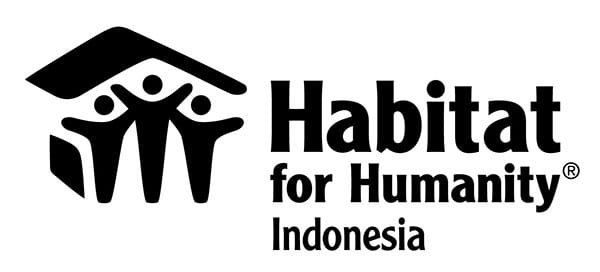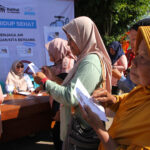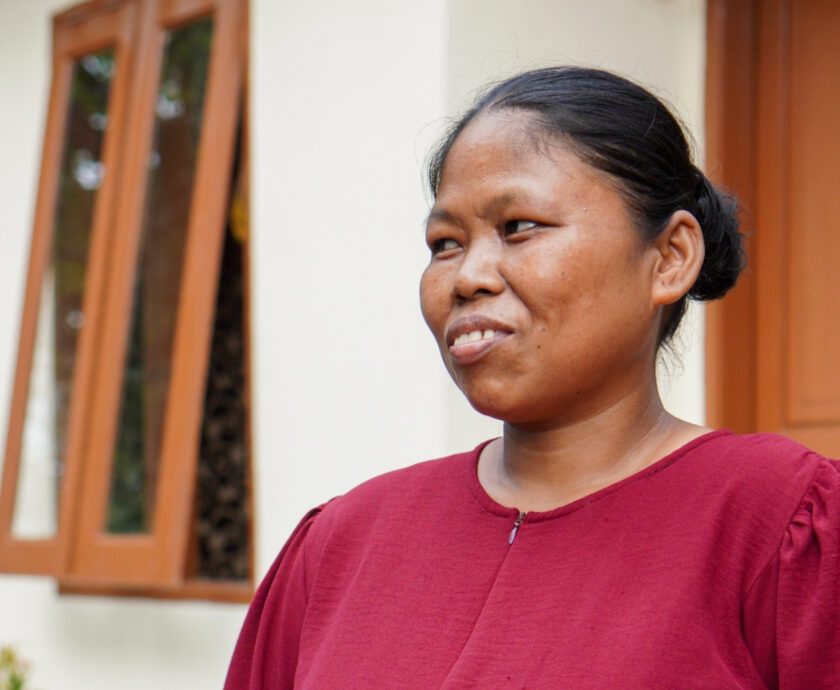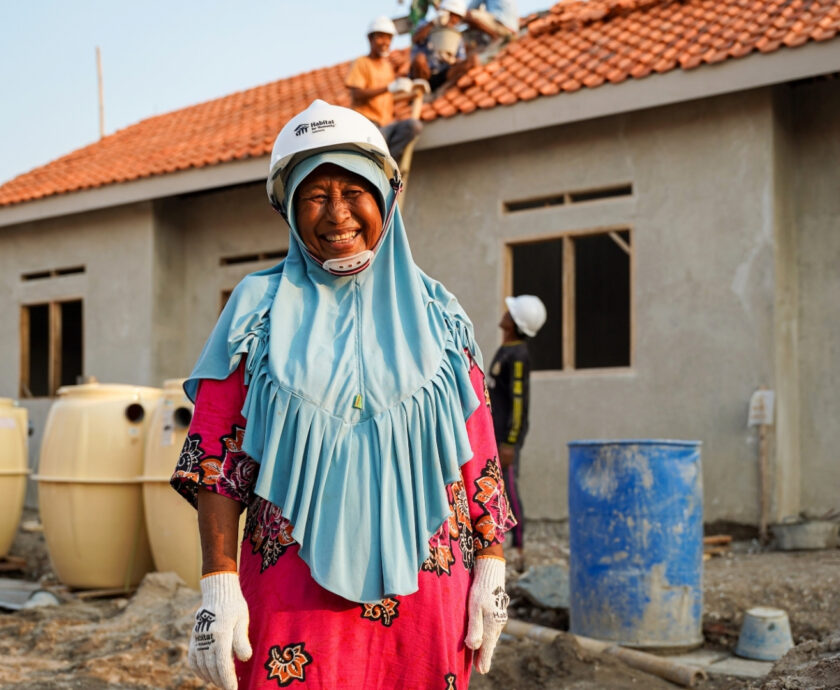That day, Ibu Uri (54) couldn’t hide her gratitude. After more than thirty years of waiting, she finally had access to proper sanitation—just like many other families. Her eyes welled with tears as she stood in front of the small orange-colored structure that now stood firmly inside her home. “I never imagined this would happen. This toilet is the first real help my family has ever received,” she whispered, still in disbelief.
For more than three decades, Uri lived with her only daughter, Ella (30), under poor sanitation conditions. For bathing, they used a makeshift space with just a cement plaster floor. For defecation, they shared a simple wooden and plastic tarp latrine without a roof with four other families. “It was never easy back then,” she recalled. “We were scared to use the toilet at night. The kids always asked to be accompanied.”
This bitter memory also lingers in Ella’s mind, who now has two children aged nine and five. She vividly remembers the time she was pregnant with her second child. “One time I slipped because the floor was so slippery. My foot fell into the latrine hole, and the wooden boards collapsed. I was terrified and cried uncontrollably,” she recounted.
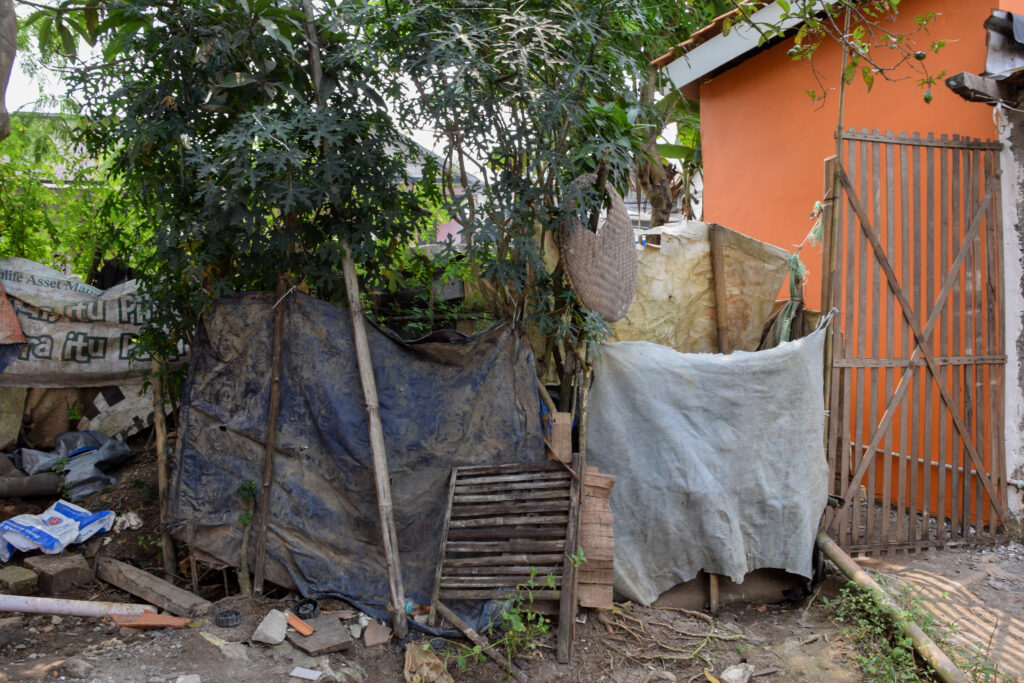
The rainy season made things worse. Overflowing latrine pits would contaminate the yard, creating a strong stench and deep embarrassment. “It often smelled terrible, especially when it rained. Sometimes it would flood the yard. When guests came, it was so embarrassing. One even asked, ‘Why is the toilet like a fishpond?’ My mom and I were mortified,” Ella added.
Sanitation issues like those faced by Uri and Ella are not isolated cases. According to 2024 BPS data, 89.38% of families in Tangerang Regency have access to proper toilets. That still leaves around 10.62% of families without adequate sanitation facilities.
Economic hardship is the main barrier. Uri, who once worked as a waste collector, can no longer work due to a respiratory illness. The family’s only income comes from Ella, who works as a daily laborer at a plastic container factory, earning around Rp67,000 (about USD 4) per day. This barely covers essentials like rice and the children’s school money. Uri’s husband, Acin, passed away when Ella was only eight years old.
“There’s no way we could afford to build a toilet,” Uri said quietly. “Sometimes it’s even hard to buy food.” She added with hope in her voice, “I just wanted a proper toilet like other people, so we wouldn’t have to feel ashamed anymore.”
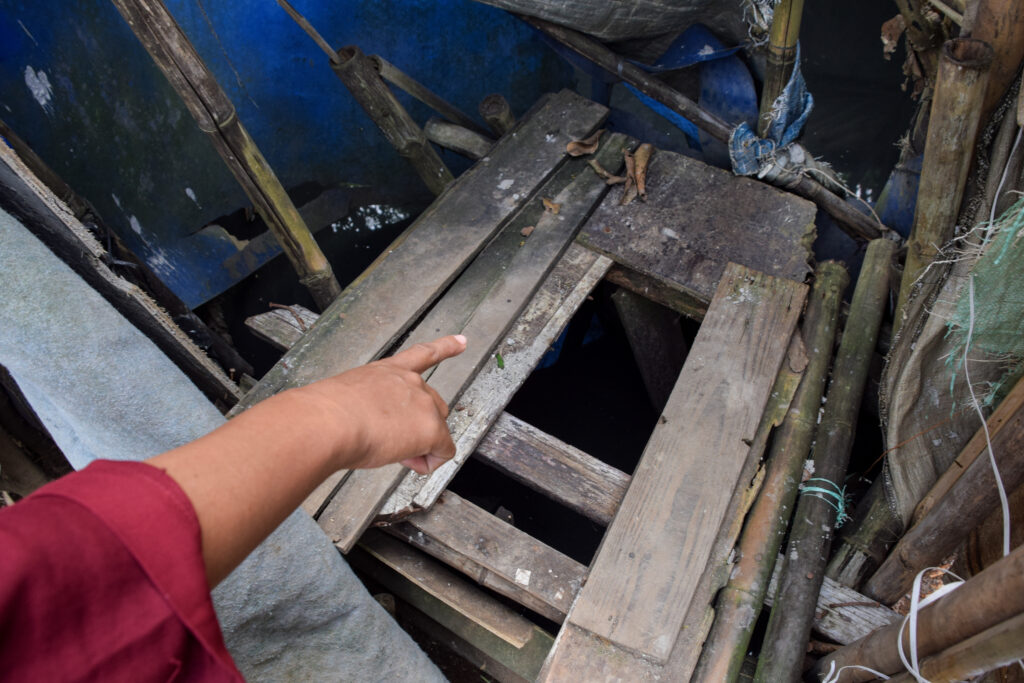
But life holds surprises. Good news finally came to Uri’s doorstep. Habitat for Humanity Indonesia, in partnership with PT Mitra Pinasthika Mustika Tbk (MPM), built toilets for Uri’s family and five other families facing similar conditions in Rajeg District, Tangerang Regency.
Uri recalls the moment construction materials arrived at her house. “I was so thankful. I really didn’t believe it at first—when the materials actually showed up, I thought it was a joke,” she said, smiling as she pointed to the bright orange walls of her new toilet.
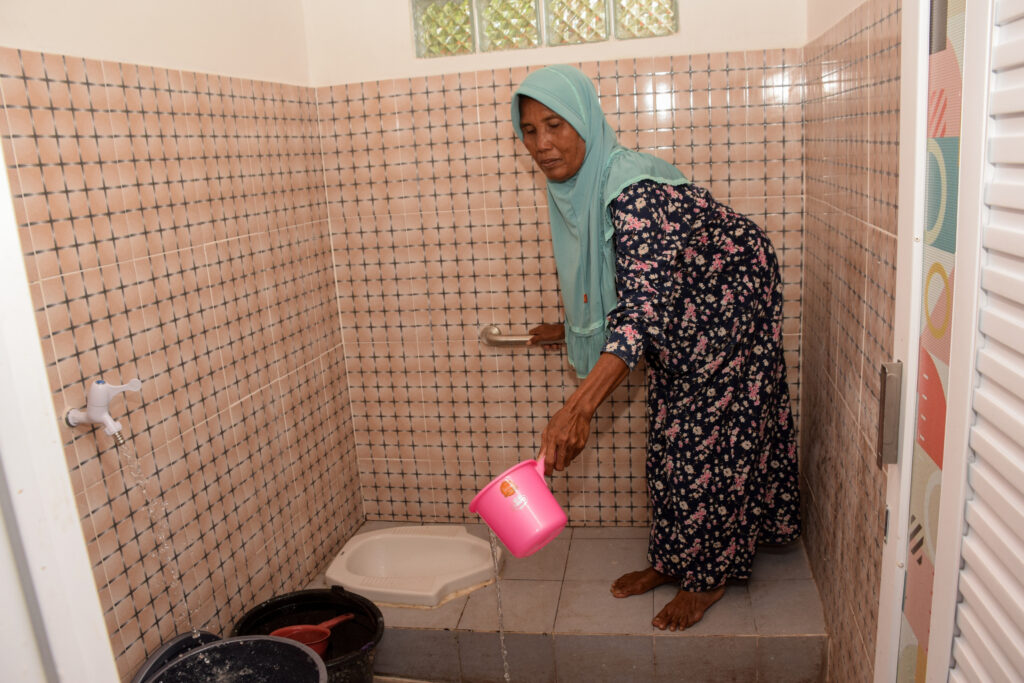
The toilet is more than just a structure. It transformed habits, improved hygiene, and brought peace of mind. “It’s changed everything—from our daily routines to how much cleaner and healthier our lives are now,” Ella shared with enthusiasm.
There are no more scary trips to the latrine at night, no more overflowing pits, and most importantly, no more shame. “The kids are much cleaner now, they bathe more often. Thank God they no longer complain about bad smells or itchy skin like before,” Ella added, her face glowing with joy.
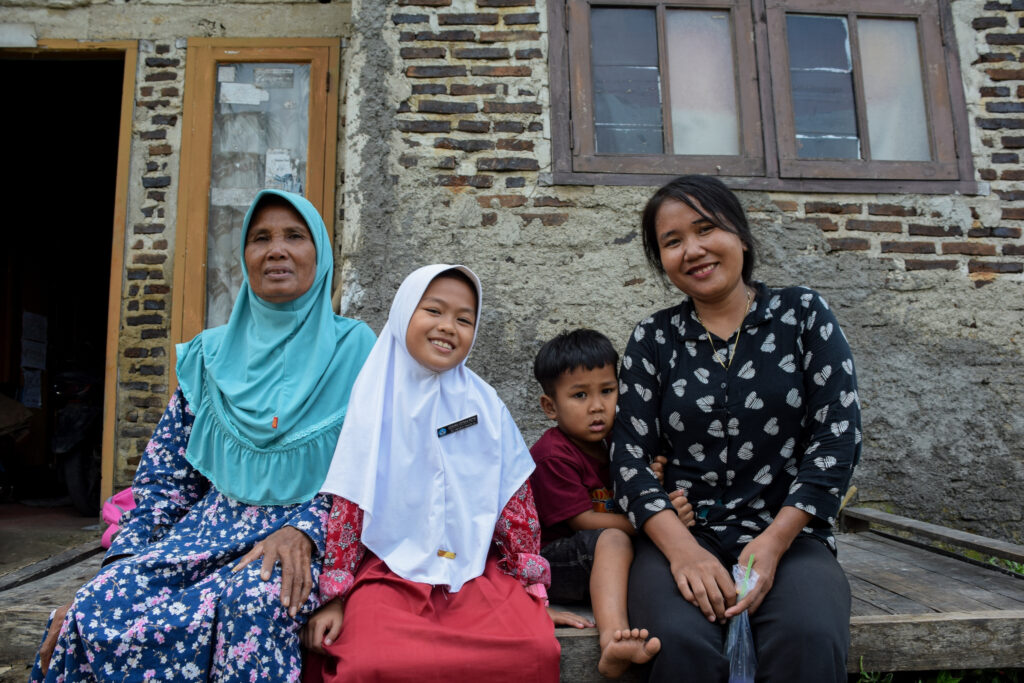
Behind the modest walls of that toilet, a new hope has emerged. Uri now dreams of gradually improving the rest of her home. “Now that the toilet is nice, I want to start fixing up the house bit by bit,” she said, looking around the small home that shelters her family.
To some, a toilet may seem like a small thing. But for families like Uri and Ella’s, having access to safe sanitation is a dream come true. That toilet represents dignity, comfort, and health.
From this small family’s story, we’re reminded that real change often begins with the most basic human need: access to proper sanitation. Support more families like Ibu Uri’s through: habitatindonesia.org/donate
(kh/av)
